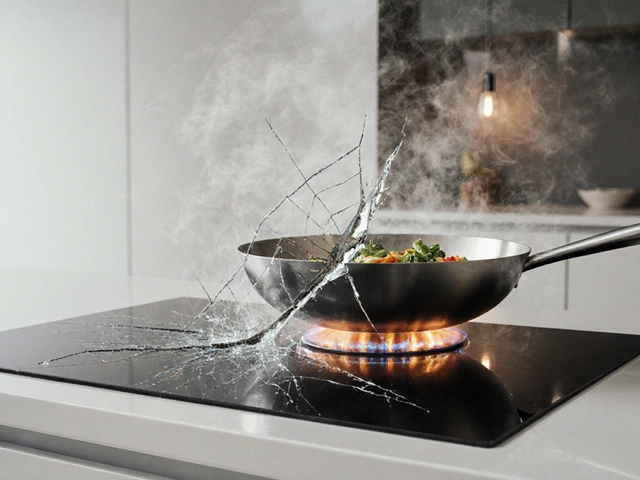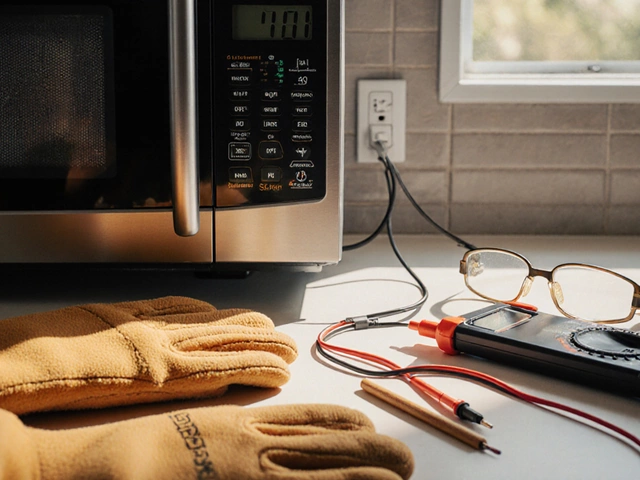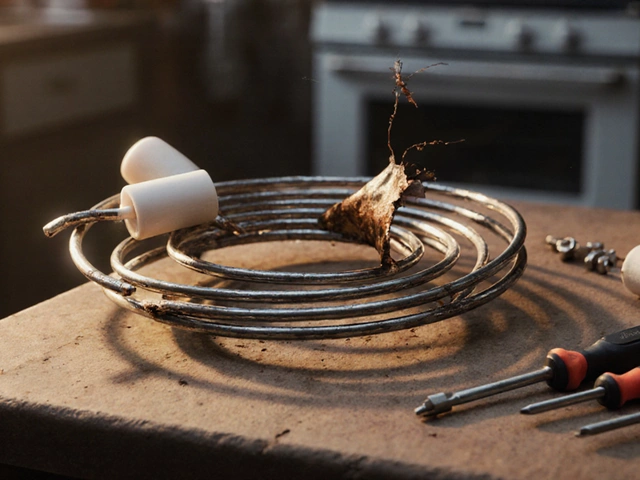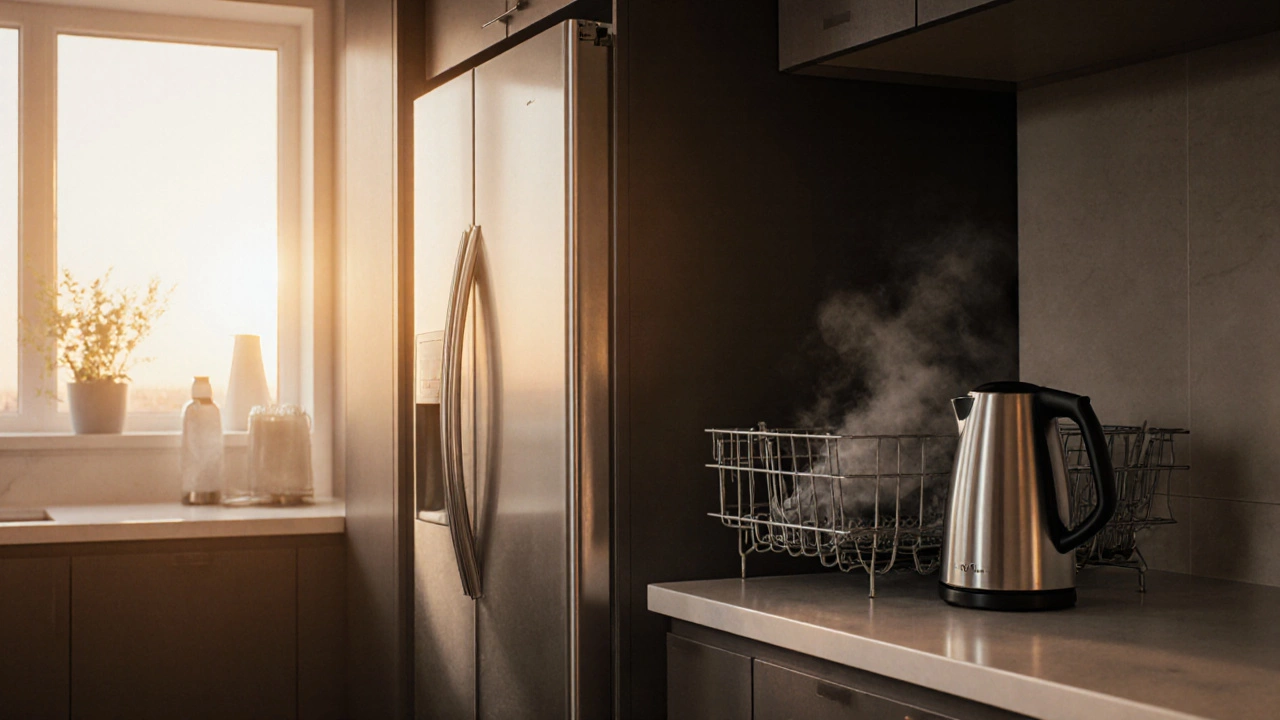Appliance Types: Common Home Appliances and How They Fail
When your appliance types, household machines like fridges, ovens, and microwaves that keep daily life running. Also known as domestic appliances, they’re built to last—but they don’t last forever. That’s the reality. You don’t need a degree in engineering to know when your fridge stops cooling or your oven won’t heat. But knowing which appliance types are most likely to fail, and why, helps you decide fast: fix it or replace it?
Take refrigerators, cooling units that keep food fresh and prevent spoilage. Also known as fridges, they’re one of the most-used appliances in any home. Most last 10–15 years, but if yours is older and the freezer’s frosty while the fridge is warm, it’s not just a setting issue. It’s likely the compressor or thermostat failing. Same with ovens, cooking appliances that bake, roast, or broil food using electric or gas heat. Also known as cookers, they often break because of worn heating elements or cracked control boards. You might see an error code, smell burning, or notice uneven cooking. Those aren’t just annoyances—they’re signs the part’s done.
Then there’s the microwave, a fast-cooking appliance that uses electromagnetic waves to heat food. Also known as microwave ovens, they’re simple, but when they stop heating, it’s usually the magnetron or diode gone bad. People often think it’s cheaper to replace these, but a $50 part fix beats a $500 new one. And don’t forget freezers, dedicated cold storage units that preserve food at sub-zero temperatures. Also known as standalone freezers, they’re tougher than fridges—but still wear out from dust, poor ventilation, or old seals. A 7-year-old freezer? Often worth repairing. A 15-year-old oven? Maybe not.
Every appliance type has its own failure pattern. A broken extractor fan? Usually just a clogged filter or dead motor. A cracked electric hob? Rarely fixable—glass shatters under stress. A boiler that’s making noise? Could be limescale or a failing pump. These aren’t random glitches. They’re predictable outcomes of use, age, and maintenance—or lack of it.
You’ll find real fixes here—not theory, not ads. Just straight answers on what breaks, why it breaks, and whether it’s worth fixing. Whether you’re dealing with a fridge that won’t chill, an oven with error codes, or a microwave that sparks, you’ll find the exact guide you need. No fluff. No upsells. Just what actually works.






